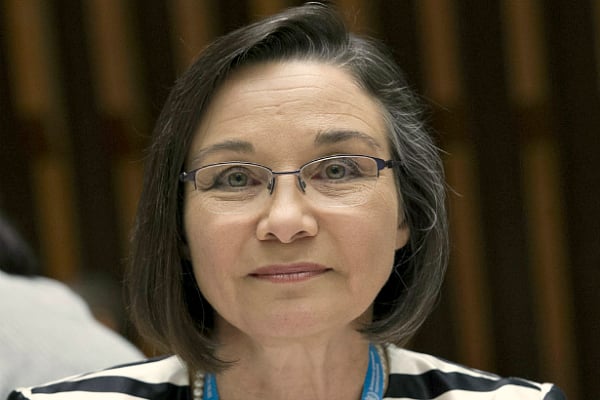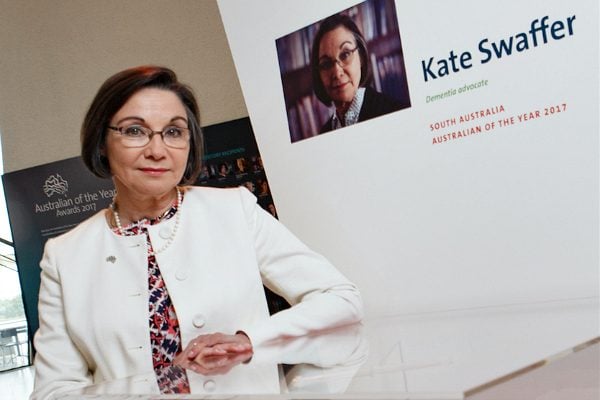
There are 50 million people around the world living with dementia, and I am one of them, having been diagnosed aged 49, then a married working mother of two teenage boys.
I started to experience symptoms of acquired dyslexia and other concerning cognitive changes in 2006. Initially, it was relatively easy to compensate, but eventually they started affecting my work. I would experience short- and long-term memory loss, would often get lost while driving the car and would make mistakes with quotes.
In hindsight, I was almost blasé about it, thinking these changes were due to the brain surgery I had in 2005. I mentioned them in passing at a regular neurologist appointment, and some 18 months later, I was diagnosed with a rare temporal lobe dementia.
Being diagnosed with dementia felt like being struck by lightning. Our youngest son said at the time, ‘But mum, isn’t that a funny old person’s disease?’ We laughed, but the gravity of the situation took its toll. I cried for many weeks.
I then read about the late Dr Richard Taylor, an eminent psychologist from Houston, Texas, who went through a similar experience. I took his advice to start writing as a way of healing, which led me to start a blog and to write my first book on the subject, What the hell happened to my brain?: Living beyond dementia.
Writing became the window into my soul, and importantly, my memory bank. My blog also quickly became committed to a meaningful dialogue with a wide range of people about the critical issues impacting a person living with a diagnosis of dementia and their families and close friends. It is an academic resource around the world and tells of the challenges those of us with dementia face. It also speaks of the joy.

